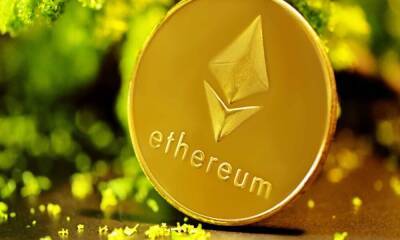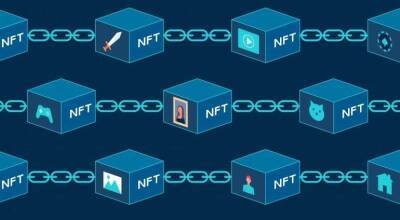The latecomer's guide to cryptocurrency
cryptocurrency. Now, suddenly, it's inescapable. Look one way, and there are Matt Damon and Larry David doing ads for crypto startups. Swivel your head — oh, hey, it's the mayors of Miami and New York City, arguing over who loves Bitcoin more. Two NBA arenas are now named after crypto companies, and it seems as if every corporate marketing team in America has jumped on the NFT — or non-fungible token — bandwagon. (Can I interest you in one of Pepsi's «Mic Drop, genesis NFTs? Or maybe something from Applebee's „Metaverse Meals, NFT collection, inspired by the restaurant chain's “iconic, menu items?) Crypto! For years, it seemed like the kind of fleeting tech trend most people could safely ignore, like hoverboards or Google Glass. But its power, both economic and cultural, has become too big to overlook. Twenty percent of American adults, and 36% of millennials, own cryptocurrency, according to a recent Morning Consult survey. Coinbase, the crypto trading app, has landed on top of the App Store's charts at least twice in the past year. Today, the crypto market is valued at around $1.75 trillion — roughly the size of Google. And in Silicon Valley, engineers and executives are bolting from cushy jobs in droves to join the crypto gold rush.
Presented ByDid you Know?
Billed as India's first blockchain wedding, in the presence of a digital priest,
View Details »As it has gone mainstream, crypto has inspired an unusually polarized discourse. Its biggest fans are wild-eyed fanatics who think it's saving the world, while its biggest skeptics are convinced it's all a scam — an environment-killing speculative bubble orchestrated by grifters and sold to greedy dupes, which will probably crash the economy when it bursts. I've been
Read more on economictimes.indiatimes.com










